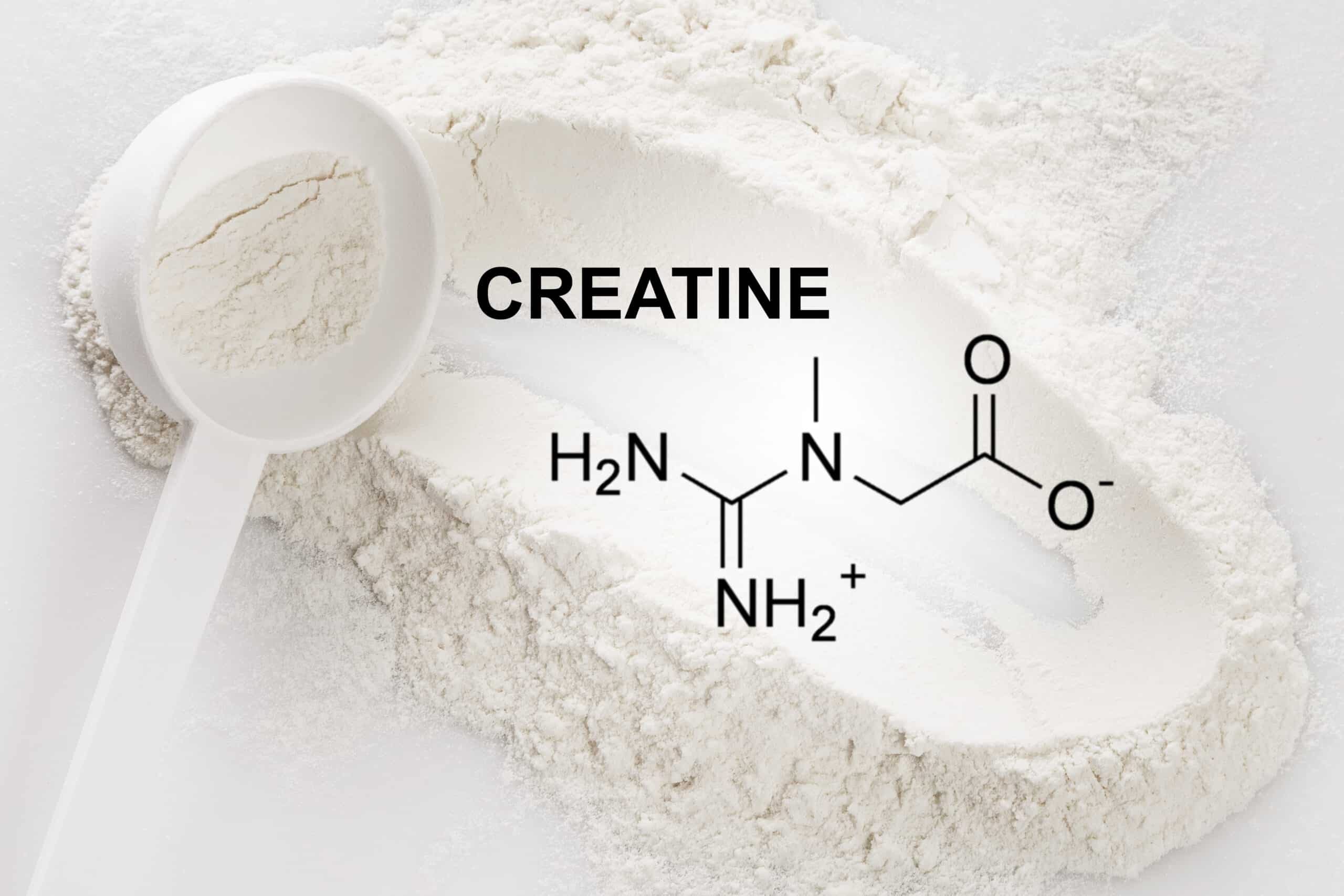Besides the ability to make you miserable and interrupt a perfectly good weekend, you may think allergies and asthma have nothing in common. The reality is that asthma and allergies are sort of like close cousins – they are often caused by the same triggers, have the same symptoms, and can even be linked. For some people, allergies can even cause asthma (this is called allergic asthma or allergy-induced asthma).
If you have either allergies or asthma (or both) then you can benefit a lot from learning their triggers and finding out exactly how much they have in common. Here’s everything you need to know about asthma and allergies.
Allergy Symptoms vs. Asthma Symptoms
Asthma symptoms occur when your airways are inflamed, which makes it more difficult for air to pass through. Some people have chronic asthma and experience these symptoms on a regular basis, while other people have more sporadic cases and may only experience symptoms rarely. The most common asthma symptoms are:
- Frequent coughing
- Shortness of breath
- Wheezing
- Chest tightness
- Rapid breathing
Allergy symptoms are far more varied and can be triggered by a long list of stimulants. The most common allergy symptoms include:
- Itchy, watery eyes
- Itchy or runny nose
- Sneezing
- Rashes
- Hives
- Stomach cramps
- Vomiting
- Diarrhea
- Bloating
- Swelling
- Redness
- Pain
- Tongue swelling
- Coughing
- Throat closing
- Wheezing
- Chest tightness
How Does An Allergic Reaction Cause Asthma Symptoms?
When you have allergic asthma, it means that allergens (not typical asthma triggers) are responsible for your asthma attack. When your immune system mistakenly identifies allergens (like pollen or dander) as harmful, it responds by releasing a substance called immunoglobulin E (or IgE). This can trigger inflammation of the airways and difficulty breathing – leading to an asthma attack. It can also trigger allergy symptoms, like congestions, a runny nose, and itchy eyes.
Asthma Causes (And Who’s Most Susceptible)
Roughly 25 million people in the U.S. have asthma. Most of the time, asthma runs in families, but anyone can get it. There are lots of things that can trigger an asthma attack, including exercise (exercise-induced asthma), cold weather, tobacco smoke, air pollutants, dust, mold, and allergens (pollen, must, pets, and food).
An asthma attack can also be brought on by strong emotions (crying, yelling, or laughing very hard) or medications.
Allergy Causes (And Who’s Most Susceptible)
Allergies are one of the most chronic, widespread diseases in the U.S. Allergies are caused when the body’s immune system rejects or overreacts to a trigger, known as allergens. The most common causes of allergies are food, drugs, animals, latex, pollen, insects, and mold.
Are Allergies and Asthma Treated Differently?
Most of the time, patients will seek out treatments for either asthma or allergies. Some treatments, however, can be used for both. They include:
Leukotriene Modifiers: This is a daily pill that helps control the immune system response that occurs during an allergic reaction. It can also improve asthma symptoms.
Allergy shots: Allergy shots can help treat both asthma and allergies by reducing your immune-system response to certain allergy triggers. With allergy shots, you get small injections of known allergens to help your body develop a tolerance over time.
Anti-immunoglobulin E (IgE) therapy: IgE therapy intervenes with the body’s production of immunoglobulin E (the substance your body produces to fight allergens).
The best way to treat both allergies and asthma is to avoid potential triggers.
Asthma Treatments vs. Allergy Treatments
With the exception of the medications and treatments listed above, most allergy and asthma treatments are for one condition or the other. The most common asthma treatments include medications and monitoring your asthma symptoms and triggers. The best medications for asthma management (other than leukotriene modifiers and immunomodulators) are bronchodilators and anti-inflammatories.
Bronchodilators treat asthma by relaxing the muscles that surround the airways. When these muscles are relaxed, the patient can breathe freely, since more air can get in and out of the lungs. They also help clear mucus from the lungs. The three main types of bronchodilators are beta2 agonists, anticholinergics, and theophylline. These are most useful during an asthma attack and less useful on a long-term basis.
Anti-inflammatories also treat asthma by reducing swelling and mucus production in the airways. Unlike bronchodilators, anti-inflammatories need to be taken several times a day for weeks before they begin to work. Doctors will often diagnose both: one for prevention and one for emergencies.
Allergy treatments vary from person to person depending on the type and severity of their allergies. Nasal corticosteroids (nose sprays) and decongestants reduce swelling to help with mild allergy symptoms to air, pet dander, and mold triggers. Antihistamines prevent the body from making histamine, which causes the allergic reaction. For skin reactions, you can use a corticosteroid cream to stop the spread of rashes, redness, and itching. In severe cases, like with a peanut allergy, patients may require an immediate injection of epinephrine (usually in the form of an EpiPen).
How Are Asthma Drugs Taken?
Most of the time, asthma drugs are ingested through an inhaler, a plastic container that releases a burst of medication when pressed down. Other medications can be taken in powdered form with a “dry inhaler” or in the form of pills, liquids, or shots.
Is All Asthma Caused by Allergies?
No, not all asthma is triggered by allergies. Other kinds of asthma can be triggered by heavy exercise (this is most common for kids), infections and diseases, and even stress. Also, people can have more than one common asthma trigger. If you’re prone to allergic asthma, you could still get stress-induced asthma, and vice-versa.
Get Symptoms Under Control
To get your symptoms under control, the most important thing is to know and avoid your triggers. It’s also important to take care of your lungs through the regular use of a flow meter (a device that measures the speed at which air is expelled from your lungs) and avoiding or quitting smoking. If you do suffer from asthma or allergies (or both) talk to your doctor about treatment options.
To learn more about how asthma and allergies can be related, and to manage your symptoms, contact Peninsula Doctor today.



